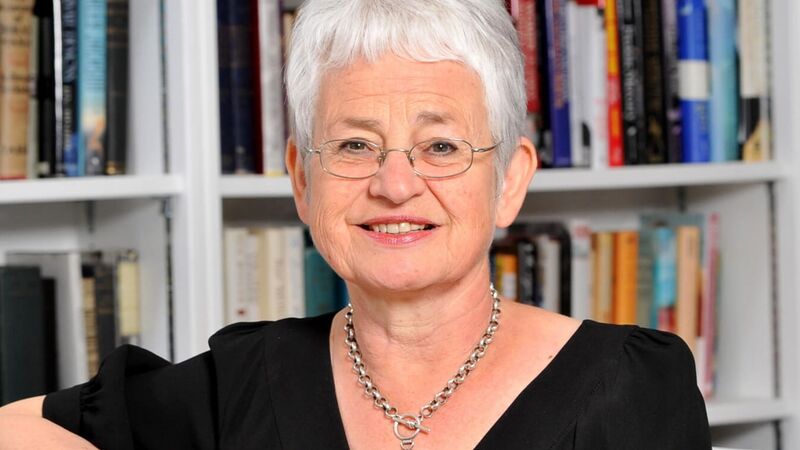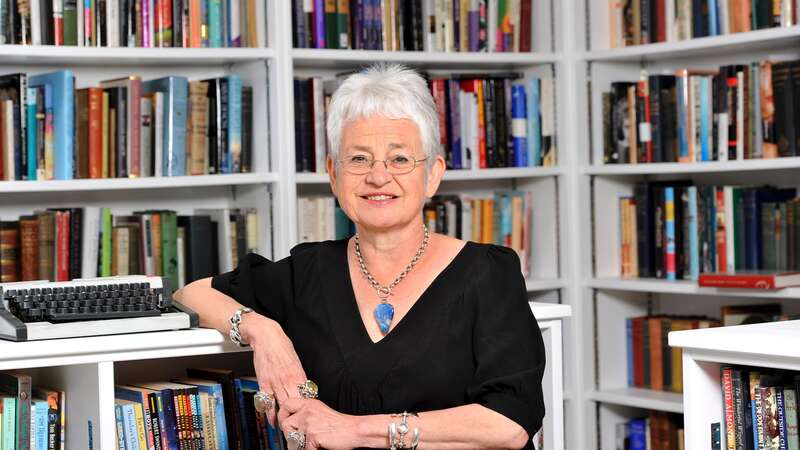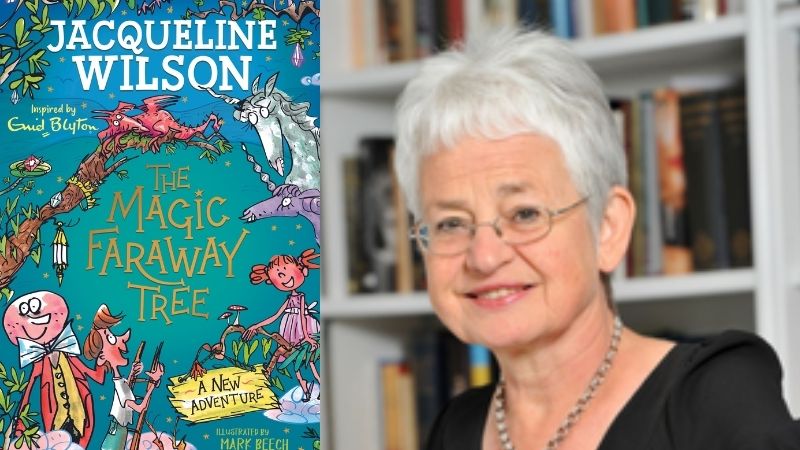You are viewing your 1 free article this month. Login to read more articles.
Hachette 'continually reviewing' Blyton work as English Heritage criticises author
Hachette UK says it has been continually reviewing Enid Blyton's work for years but still wants her "at the heart of childhood" after it was revealed English Heritage updated its Blue Plaque information, pointing out her work has been critcised for xenophobia and racism.
English Heritage, which protects sites and buildings of historic importance, drew headlines this week after it updated Blyton's biography online, as part of its ongoing commitment to review each entry for blue plaque recipients. The review commitment follows objections to contested public figures being awarded a plaque, in the wake of the Black Lives Matter protests last year.
The new biography states: "Blyton’s work has been criticised during her lifetime and after for its racism, xenophobia and lack of literary merit."
In a statement, the organisation said: "Our website entries aim to provide a fuller picture of each person's life, including aspects that people may find troubling. English Heritage has no plans whatsoever to remove any of our blue plaques and we’ll continue to update our website so that we can tell more of the story behind each plaque and each person."
Asked about the critcism, Hachette Children's Books said it was committed to ensuring Blyton's texts met "an appropriate standard of sensitivity for today's readers" and removes words that are offensive as a matter of policy. Alex Antscherl, Enid Blyton editorial director, told The Bookseller that Hachette continually reviews Blyton’s works to ensure that they meet "an appropriate standard of sensitivity for today’s readers and their families".
She added: “We recognise that Enid Blyton was born in the Victorian era and wrote most of her work in the middle of the 20th century; she expressed attitudes towards race that cannot be condoned. ‚ÄØIt is ‚ÄØour policy to remove or change any words in her books that are offensive, or whose usage has radically changed in today’s world. Many of these changes were made decades ago and these amended texts are now widely accepted as the standard editions of those books.
"In some cases, we have decided not to reprint stories or books that‚ÄØ cause hurt or offence. This is critical as part of our guardianship of the legacy of Enid Blyton. We want her books to remain at the heart of childhood for as many children as possible in current and future generations, without some children feeling excluded.”
Antscherl said the publisher tries to preserve the original text “as far as is acceptable” but does not change the text for the sake of modernising it.
Giving the example of a recent edition of New Class at Malory Towers, she said: “We try to reflect the diversity of our audience in our Enid Blyton publishing, for example, in the illustrations of children on the front covers of books and in characters where there are new stories set in the original worlds.”
Blyton's books have sold more than 500 million copies worldwide, according to the publisher, with 3.5 million units sold per year in English alone. They have been translated into more than 40 languages.
Anna Eavis, curatorial director at English Heritage, said: “We have no plans whatsoever to remove any of our London blue plaques. On our website, we are providing more information for each blue plaque so that people can find out more about the person behind the plaque.”
In 2016, Hachette abandoned a "sensitive" revision of some of Blyton's texts after it proved "very unpopular" with fans.
Three years later, the children's author was rejected from featuring on a commemorative 50p coin, because the Royal Mint's advisory committee deemed her a “racist, sexist, homophobe and not a very well-regarded writer”.



















